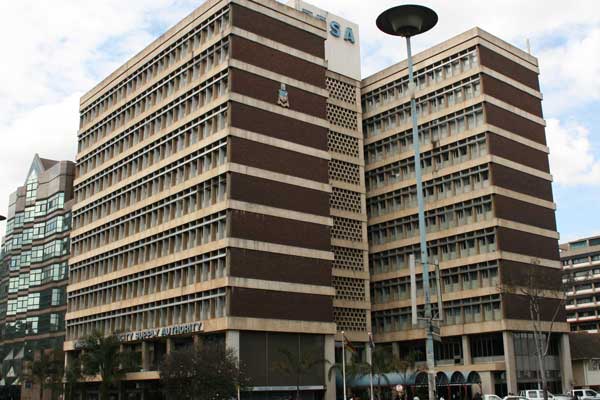
ZESA Holdings chief executive officer Josh Chifamba on Wednesday told Parliament that all the parastatal’s subsidiaries were technically insolvent due to the sub-economic electricity tariffs that have caused production costs of electricity to remain higher than the sale costs.
BY VENERANDA LANGA
Chifamba said he had always lobbied for tariff increases to save the parastatal to no avail, as the issue was more political than business.
The Zesa boss had appeared before the Paurina Mpariwa-led Public Accounts Committee when Bulawayo South MP Eddie Cross (MDC-T) asked him to explain the loss-making situation of Zent Enterprises, which received an adverse report from Auditor-General (AG) Mildred Chiri.
“The company (Zent) incurred a loss for the year ending December 31, 2015 of $9 046 855, and as at that date the company’s current liabilities exceeded its current assets by $11 736 440, and for the year December 31, 2015, the company had a negative working capital position of $10 437 565, and did not pay some of its statutory obligations for the period under review amounting to $12 017 932,” the AG’s report on Zent reads.
Chifamba said Zesa subsidiaries like Zent were technically insolvent, mainly because customers were unwilling to pay up their electricity bills.
“The fundamental problem is that all our businesses are technically insolvent and it has to do with the sub-economic tariffs, and the other problem is failure or unwillingness by customers to pay with the debtors’ book growing to around $1,1 billion in terms of money we are owed by customers,” Chifamba said.
“This has affected the performance of Zent and Powertel. With Zent, right now we have more than 4 000 transformers that have been vandalised and our stock bins are actually empty,” he said.
- Chamisa under fire over US$120K donation
- Mavhunga puts DeMbare into Chibuku quarterfinals
- Pension funds bet on Cabora Bassa oilfields
- Councils defy govt fire tender directive
Keep Reading
Chifamba said every year Zesa does submit tariff increase applications, adding that the last increase was in 2011.
“That is why we are not attracting private sector investment – it is because of the tariffs. The issue of tariff increases is really a heavy political decision. We wanted to increase tariffs by one and a half cents, but we are still waiting for the answer from the regulator. Last time the applications went to the Cabinet Committee, but a decision which was not in our favour was made,” Chifamba said.
He said as a result of selling electricity lower than the production costs, Zesa owes Eskom and other creditors a lot of money.
In 2016, Zesa spent $170 million on power imports to ensure there is no load shedding. The electricity tariffs were $13,2 cents before they were reviewed to 8 cents.











